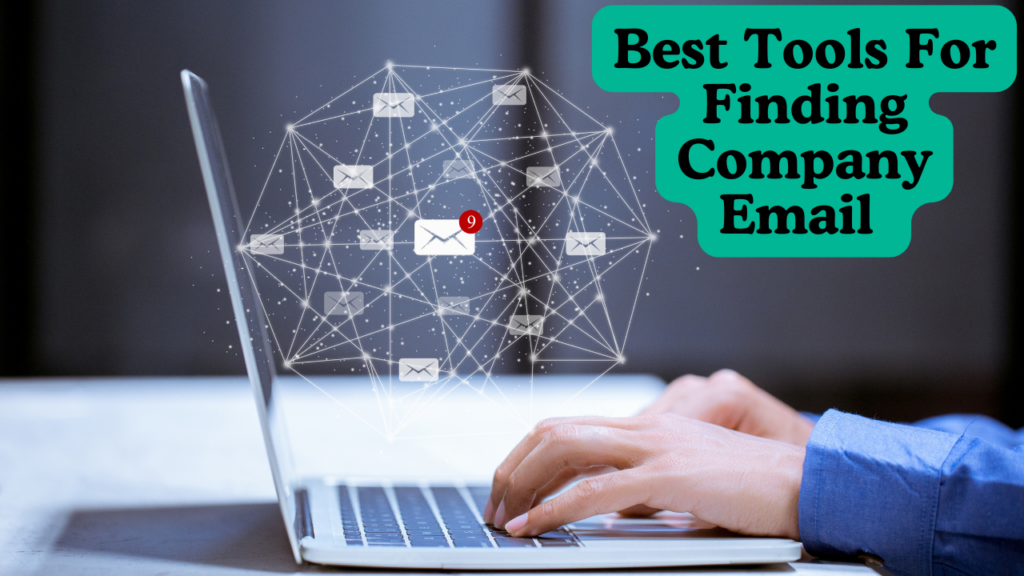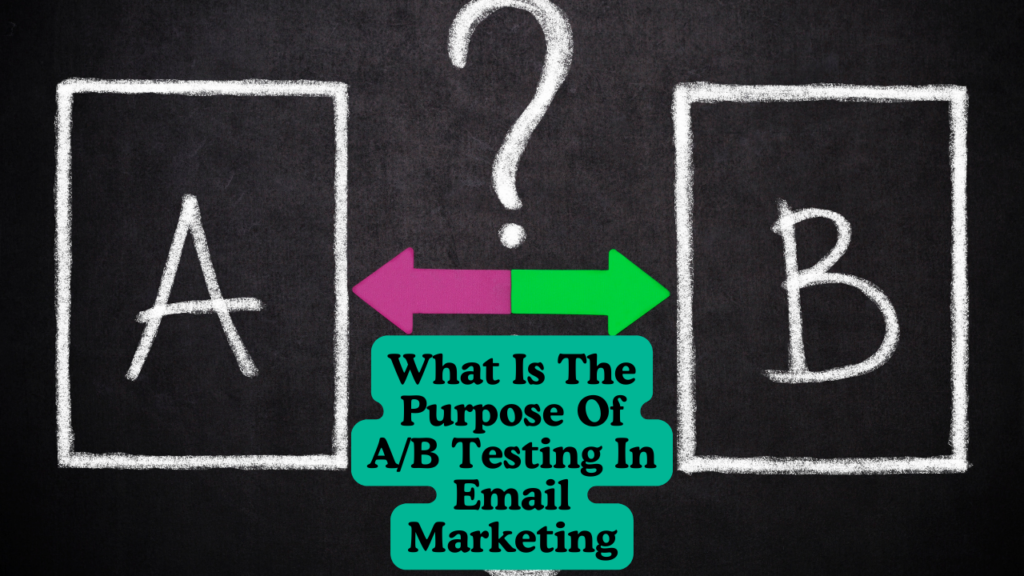Email marketing can help a new business grow fast. It is a simple way to reach many people. Many small businesses start with email because it is affordable and easy. It does not need a big budget. In this guide, we will explain how email marketing works and how it helps new businesses.
What Is Email Marketing?
Email marketing is sending messages to people by email. These messages may include news, offers, or helpful information. Businesses send emails to stay in touch with customers. People who get these emails are usually part of a list. They agree to get these emails by signing up on a website or in a store.
Why Email Marketing Is Good for New Businesses
New businesses need to tell people about their products or services. Email marketing helps them do that. It is a direct way to talk to customers. It is also personal. Businesses can send messages that match what customers like or need.
Here are some reasons why email marketing is great for new businesses:
- Low Cost: Email is cheaper than TV ads or billboards.
- Wide Reach: Emails can reach people everywhere, even if the business is small.
- Fast Results: Emails can get replies or sales quickly.
- Easy to Track: Businesses can see how many people read their emails or click on links.
How to Start Email Marketing
Starting email marketing is not hard. Follow these steps:
- Create a List: Gather emails from people who are interested. You can ask them to sign up on your website.
- Pick a Tool: Use tools like Mailchimp or Constant Contact. These tools help you send emails to many people at once.
- Write Good Emails: Use simple words. Be clear and friendly. Add useful information.
- Send Regularly: Send emails often but not too much. Once a week is a good start.
- Check Results: See how many people open your emails or click links. This helps you improve.
Tips for Writing Emails
Good emails make people feel special.Here are some tips:
- Use a Catchy Subject Line: The subject line makes people want to open the email.
- Be Personal: Use the person’s name if you can.
- Add Value: Share tips or deals that help the reader.
- Keep It Short: Long emails may get ignored.
- Include a Call to Action: Tell people what to do next, like “Visit our store” or “Check this offer.”
Example of a Simple Email:
Subject: Special Deal Just for You!
Body:
Hello [Name],
We have a special deal for you this week. Get 20% off all products until Friday. Visit our store to see more.
Click here to shop: [Link]
Thank you for being a valued customer.
Best regards,
[Your Business Name]
Why People Like Email Marketing
Customers like emails because they are quick to read. They can check offers without going to a store. Emails also help them stay updated. They feel connected to the business. If the email is helpful, customers may trust the business more.
Common Mistakes to Avoid
New businesses often make mistakes with email marketing. Here are some to avoid:
- Too Many Emails: Sending too many emails can annoy people.
- No Value: Emails that only promote the business and do not help the customer may get ignored.
- Bad Design: Hard-to-read emails will not get much attention.
- No Permission: Always ask before sending emails. Never buy email lists.
Benefits of Email Marketing
| Benefit | Description |
| Low Cost | Email marketing is cheaper than other forms of advertising. |
| Wide Reach | Emails can reach customers anywhere in the world. |
| Personalized | Businesses can send tailored messages based on customer interests. |
| Trackable Results | Tools help businesses see who opens and clicks on emails. |
| Builds Loyalty | Regular emails keep customers connected and engaged with the business. |
| Drives Sales | Email campaigns can lead to direct purchases and increased revenue. |
How Email Marketing Supports Business Growth
Email marketing supports growth in many ways. It helps businesses reach more people. It creates strong customer relationships. A good email campaign can turn readers into loyal buyers.
- Attract New Customers: Emails introduce the business to potential customers. Special offers or free trials can encourage people to try products.
- Keep Existing Customers: Regular updates keep customers interested. They feel valued when they get exclusive deals or news.
- Increase Sales: Emails can directly lead to sales. For example, a special discount code can bring in more orders.
- Gather Feedback: Emails can include surveys or questions. This helps businesses understand customer needs.
Conclusion
Email marketing is a powerful tool for any new business. It is affordable, easy to use, and effective. By sending regular and helpful messages, businesses can connect with customers and grow. A good email campaign can increase sales, build trust, and create loyal customers.
FAQs
1. How often should a business send emails?
Once a week is a good starting point. Avoid sending too many emails to prevent annoying your customers.
2. What should be included in an email?
Include a clear subject line, personal greeting, useful content, and a call to action. Make it short and easy to read.
3. Can small businesses use email marketing?
Yes, small businesses can benefit greatly from email marketing. It is cost-effective and helps them reach many customers.
4. Is it okay to buy email lists?
No, buying email lists can harm your reputation and lead to penalties. Always get permission from people before emailing them.
5. What tools can help with email marketing?
Tools like Mailchimp, Constant Contact, and Sendinblue make it easy to manage and send email campaigns.


